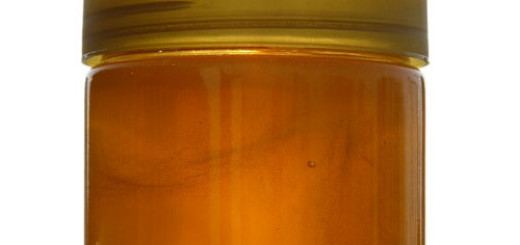All You Wanted to Know About Sunscreens

Ever thought about going out in the sun without your sunscreen? Yes, we know you shudder at the possibility too. Now, let’s enhance your knowledge a little and tell you all the things you need to know about sunscreens.
1. What is SPF?
SPF stands for Sun Protection Factor. It is determined by exposing human beings, in an indoor experiment, to a light spectrum that is just like the afternoon sun. Some subjects wear sunscreen and others do not. The number of the SPF represents the level of sunburn protection provided by the sunscreen. The amount of light that causes redness in sunscreen protected skin, divided by the amount of light that causes redness in unprotected skin is the SPF. It is mainly a measure of UVB protection and ranges from 1 to 45 or above. A sunscreen with SPF 15 filters 92% of the UVB. In other words, a sunscreen with SPF 15 will delay sunburn in a person, who would otherwise burn in 10 minutes. It means, if a person goes out in the sun after applying sunscreen, it will take up 150 minutes to get sunburnt.
2. Types of Sunscreen
Sunscreens protect you from the harmful UV rays of the sun and hence prevent sun damage to your skin. They neutralize the radiation or bounce them back. A true sunscreen is a chemical agent that denatures the light, making the wavelengths incapable of causing damage. Nowadays, beauty and makeup products do use sunscreen agents in their concoctions. But using original sunscreens is the best and safest option. There are two types of sunscreens available – physical and chemical; and the difference between them is clear. Chemical sunscreens are aromatic compounds that minimize or prevent sunburn, while the other type is actually a sunblock that reflects and scatters sunlight. However, there are also sunscreen products that contain both the above mentioned properties. If you have dermatitis, allergies, eczema or sensitive skin, you should prefer to use true physical blockers.
3. Advantages and disadvantages of chemical sunscreens and physical sunblocks
-
Advantages of chemical sunscreen
- They bind to horny layer of skin and have longer duration of action.
- They can be used in lotions, creams, gels.
- They generally cause no stains.
Disadvantages of chemical sunscreen
Advantages of physical sunblocks
Disadvantages of physical sunblocks

![Photo Courtesy: Fire At Will [Photography]](http://www.magforwomen.com/wp-content/uploads/2012/10/ways-to-relieve-menstrual-cramps-520x245.jpg)



